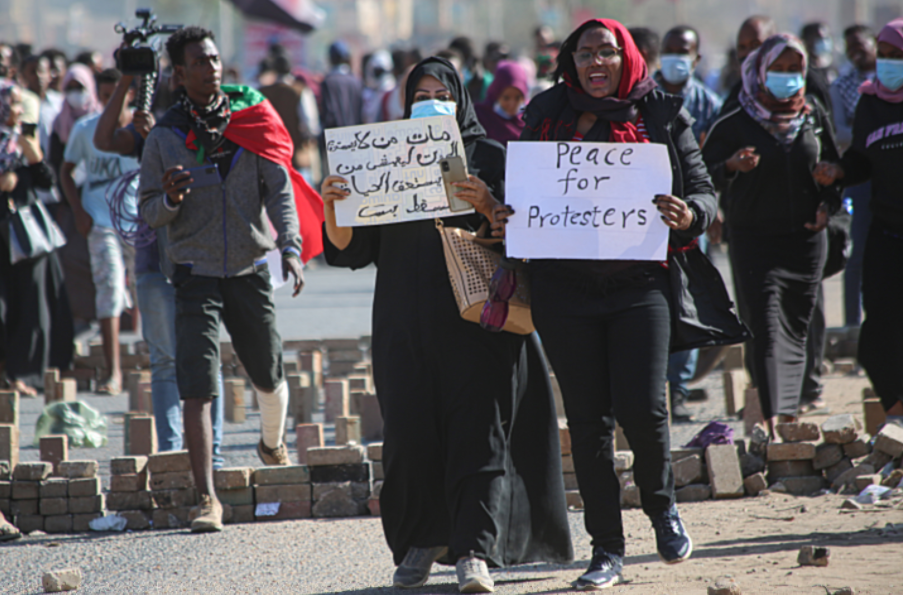Urgent action and awareness are needed. The State must intervene.
Mr. Principal:
The abuse to which Haitian migrants are subjected is inhuman and outrageous. The other day we saw, in an impressive photo published by this newspaper, that members of the US border patrols chased them on horseback as if they were game animals. And as they pass through our country they are also victims of abuse and exploitation. Urgent action and awareness are needed. The state must intervene. Perhaps intergovernmental consensus should be negotiated, with the United States at the helm. But this I could not continue, while we look the other way.
Lucila González de M.
An old looking city
Mr. Director:
With counted Exceptions, Bogotá is presented as a city with hundreds of old neighborhoods, which for any foreigner places it in the fifties. It is enough to observe the tangle of overhead power cables scattered throughout its streets, an aspect that modern cities have overcome long ago. It is unacceptable that mayors and local councils have never intervened to solve this urban burden. If we add to the above the deterioration of its streets and the ruined north and south highways, we will find an unpleasant and ugly city.
Héctor -Bruno Fernández Gómez
The peace accords
Mr. Principal:
The debate on peace generated by the president’s speech at the UN should not lead to a conflict. The agreements were neither fragile nor perfect. The interests that benefit from wars are not related to the common citizen, who is induced to take sides under a false homogenizing morality, from the left or the right. There is no illegitimate peace or legitimate war. Not recognizing that the dialogues and agreements left the armed struggle with social pretext without dialectical support is irrational.
They show that only with harmony in the democratic arena it is possible to overcome irreconcilable ideological obstacles. How much blood they have saved us! Everything else is political rhetoric. The prudent thing is to follow their example and unite, while we look in the mirror of the neighbor, whose political classes have not had the moral courage to reach an agreement. Meanwhile, the people are starving and leave the country.
Carlos H. Quintero B.
When will we hear them?
Mr. Principal:
There seem to be more and more young people who are part of the deaf-mute population, including those students who are in basic and upper secondary educational institutions, where social inclusion gaps are still evident. It would be important for the non-hearing population to begin to exercise this basic knowledge within their professional development. It is essential to propose sign language as a teaching subject in educational institutions as a basic knowledge to better relate the hearing population with the non-hearing population. In this way, greater empathy could be generated from the classrooms to our context in general, so we will understand what it is to be in the ears of those who cannot hear us.
Laura Sofía Aguirre Arévalo
The Reader’s Forum does not publish open letters or letters addressed to a third party. Letters should not be longer than 200 words and will be subject to editing for reasons of space. They should include the address and telephone number of the author. Letters can be sent by mail to the EL TIEMPO address, avenida calle 26 nº 68B-70, Bogotá, DC By fax, to number 294-0210 and by email to: opinion@eltiempo.com.co
You reached the content limit of the month
Enjoy maximum the content of THE DIGITAL TIME unlimited. Subscribe now!
Yes you are already a subscriber of the form
COP $ 900 / month during first two months
We know that you like to always be informed.
Create an account and you can enjoy:
- Access to newsletters with the best current news.
Create an account and you will be able to enjoy our content from any device.
Note: This article has been indexed to our site. We do not claim legitimacy, ownership or copyright of any of the content above. To see the article at original source Click Here













